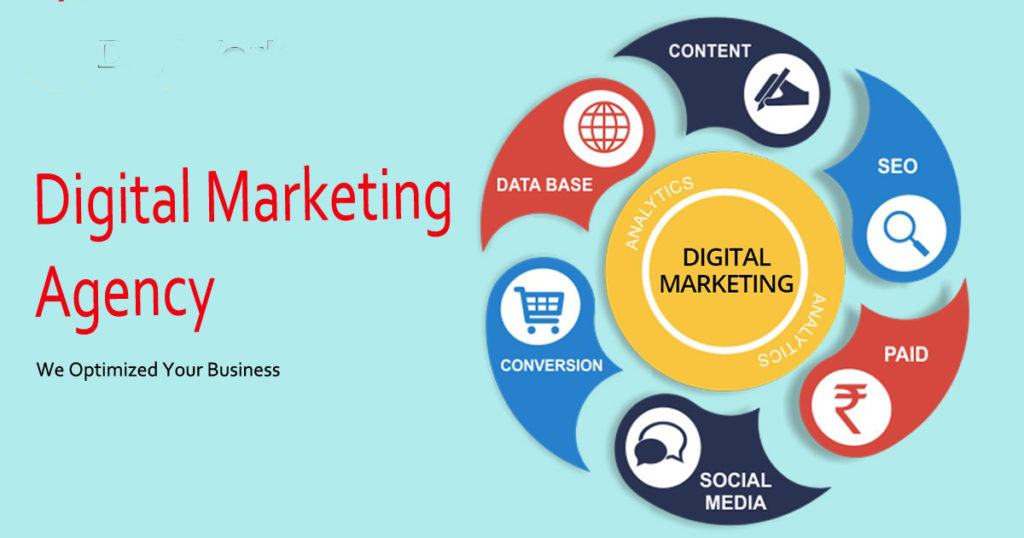Bermuda SEO Consultant | Digital Marketing Agency | Google Ads Freelancer | Freelancing Services

- Search Engines: Use search engines like Google to search for “website and SEO marketing agencies in Bermuda.” This will give you a list of agencies that you can explore further.
- Local Directories: Check local business directories or Chamber of Commerce websites specific to Bermuda. These directories often list businesses by category, including marketing agencies.
- Online Reviews: Look for online reviews and testimonials from clients who have used the services of marketing agencies in Bermuda. This can give you insights into the experiences of other businesses.
- Ask for Recommendations: Reach out to other business owners or professionals in your network who might have worked with marketing agencies. Personal recommendations can be valuable.
- Agency Websites: Once you find potential agencies, visit their websites to learn more about their services, portfolio, case studies, and client testimonials. A professional and informative website can be an indicator of a reputable agency.
- Experience and Expertise: Look for agencies that have a proven track record in website design and SEO. Check if they have experience working with businesses similar to yours or in your industry.
- Transparent Communication: Reach out to the agencies you’re interested in and assess their communication. A good agency should be responsive, willing to answer your questions, and explain their strategies clearly.
- Customized Strategies: Avoid agencies that offer one-size-fits-all solutions. A reliable agency should be willing to create a customized strategy tailored to your business’s unique goals and needs.
- Meetings or Consultations: Consider setting up meetings or consultations with potential agencies. This can give you a better sense of their approach, team, and how well you can work together.
- Budget and Pricing: Discuss pricing upfront and ensure you have a clear understanding of what services are included in the package. Remember that quality services may require a reasonable investment.
On/Off Page & Technical SEO – Bermuda Top Freelancer and Expert

- On-Page SEO: On-page SEO involves optimizing various elements on your website’s pages to make them more search engine-friendly and user-friendly. This includes factors that you have direct control over. Some key aspects of on-page SEO include:
- Keyword Optimization: Researching and using relevant keywords in your content, titles, headings, and meta descriptions.
- Content Quality: Creating high-quality, relevant, and valuable content for your target audience.
- Meta Tags: Writing compelling meta titles and meta descriptions that accurately represent your content.
- URL Structure: Using clean and descriptive URLs that include keywords if possible.
- Header Tags: Properly using header tags (H1, H2, H3, etc.) to structure your content.
- Internal Linking: Linking to other pages within your website to improve navigation and distribute link equity.
- User Experience (UX): Ensuring that your website is easy to navigate, loads quickly, and is mobile-responsive.
- Off-Page SEO: Off-page SEO involves activities that you perform outside your website to improve its search engine rankings and visibility. This primarily revolves around building a strong online reputation and generating backlinks from authoritative and relevant sources. Some key aspects of off-page SEO include:
- Link Building: Acquiring high-quality, relevant backlinks from reputable websites to improve your website’s authority and credibility.
- Social Signals: Engaging on social media platforms and building a positive online presence.
- Guest Blogging: Writing and publishing guest posts on authoritative websites in your industry.
- Online PR: Generating media coverage and mentions on news and industry websites.
- Influencer Outreach: Collaborating with influencers and thought leaders in your field.
- Technical SEO: Technical SEO involves optimizing the technical aspects of your website to ensure that search engines can crawl, index, and understand your content effectively. It focuses on the backend elements that impact how search engines interpret your website. Some key aspects of technical SEO include:
- Website Speed: Ensuring fast loading times to provide a better user experience.
- Mobile-Friendliness: Optimizing your website for mobile devices, as mobile-friendliness is a ranking factor.
- Crawlability: Ensuring that search engine bots can easily crawl and index your website’s pages.
- Sitemaps: Creating and submitting XML sitemaps to help search engines understand your website’s structure.
- Canonicalization: Avoiding duplicate content issues through proper canonicalization.
- Schema Markup: Implementing structured data to provide additional context to search engines.
All three aspects (on-page, off-page, and technical) of SEO work together to improve your website’s visibility in search engine results and provide a better experience for users. A comprehensive SEO strategy addresses each of these areas to achieve optimal results.

